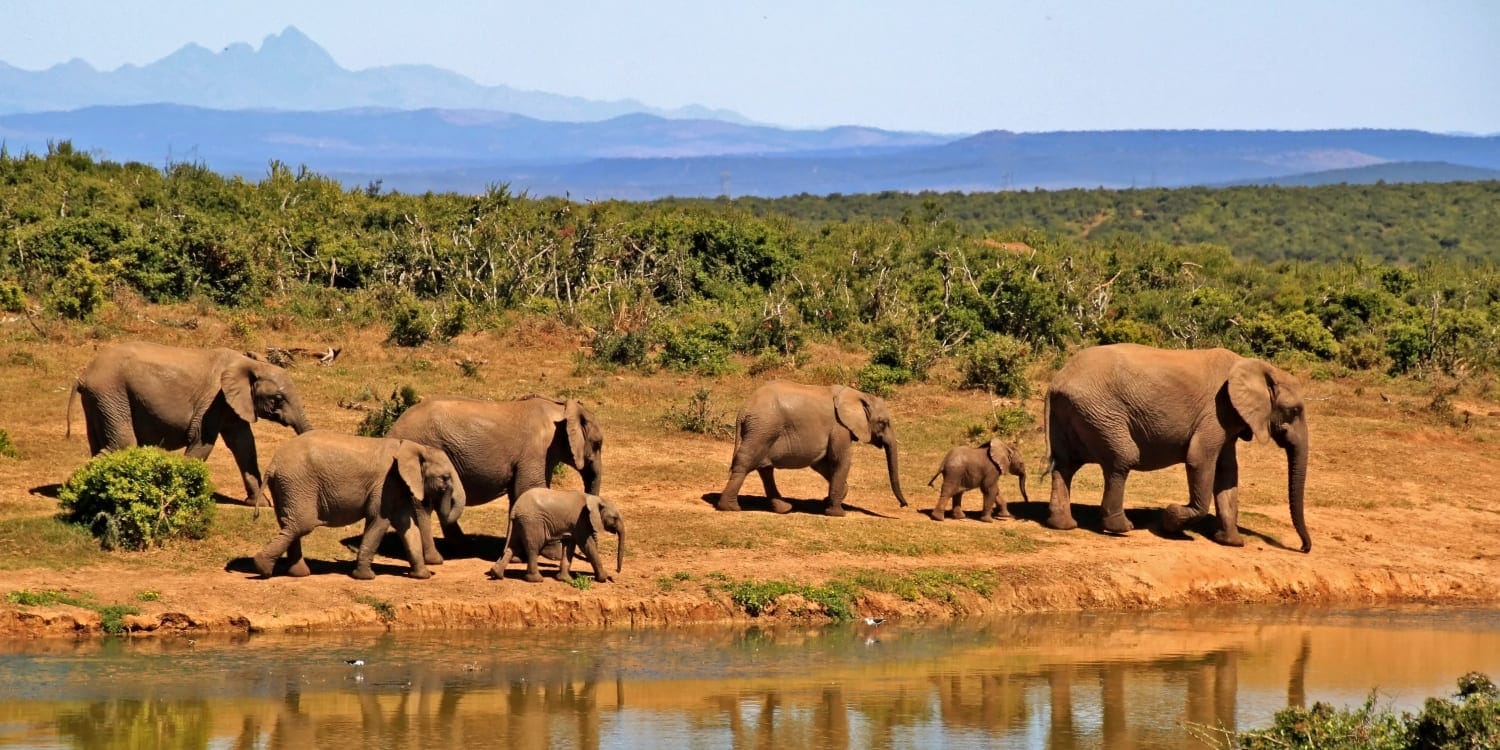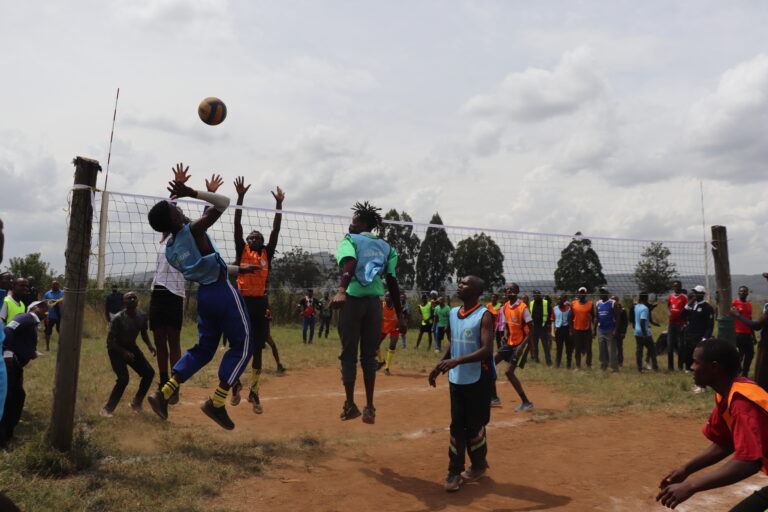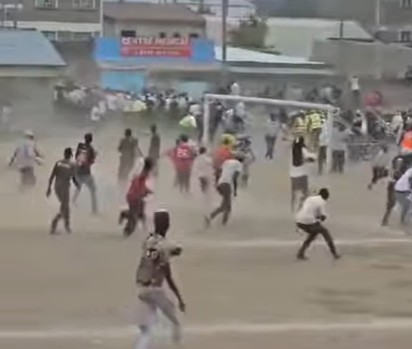
Elephants in Marsabit National Park. Photo: Kenya Tourism.
A man was on June, Thursday 19 morning killed by an elephant from Marsabit National Park in Karare Ward, Saku Constituency in Marsabit County.
Confirming the incident, Bakari Chongwa Assistant Director Kenya Wildlife Service (KWS) in North Easter, stated that it is not yet clear whether the deceased was inside the park, or the elephant was on the loose. He said that investigations are ongoing to establish the unfortunate incident.
“Early this morning we received sad reports that a resident (man) of Karare was killed by an elephant. However, it is yet to be established if the deceased was within or outside the Park. We have dispatched KWS officers in the area to do more findings about the unfortunate incident,” Chongwa confirmed.
According to Chongwa, the affected family will be compensated if the findings indicate that he was killed outside the park. Chongwa explained that compensations to the family of the victim, is only done if the attack is outside the park, as provided the laws.
“Our officers findings will determine if the deceased family will receive compensation from the government, as the law states that if any Kenyan is attacked by astray wildlife, the victim is eligible for compensation, but if the victim is attacked inside the park, the same law governing the victim states that he or she is not eligible for compensation,” he further explained.
The attack comes after as KSh 8.8 million will be distributed as compensation to six families in the county, whose loved ones were either killed or left with injuries. President William Ruto launched Human-Wildlife Conflict Compensation Fund in May in Meru with a bulk payment of KSh 1 billion meant to be paid to the families across the country.
Additionally, he urged residents living near Marsabit National Park, to report any incident involving human wildlife-conflict to KWS offices, so that relevant action can be taken with immediate effect. Chongwa acknowledged that as the dry season approaches, instances of human-wildlife conflict will be on the rise.
“As approach the dry season, let us be careful especially those living with wildlife. The animals will be leaving the parks in search of food and water, once you spot an animal, kindly report to our offices near for action to be taken, to avert such deaths,” he urged.
The county however records a small number of human-wildlife cases due to the small number of the animals as compared to other regions in the country.




